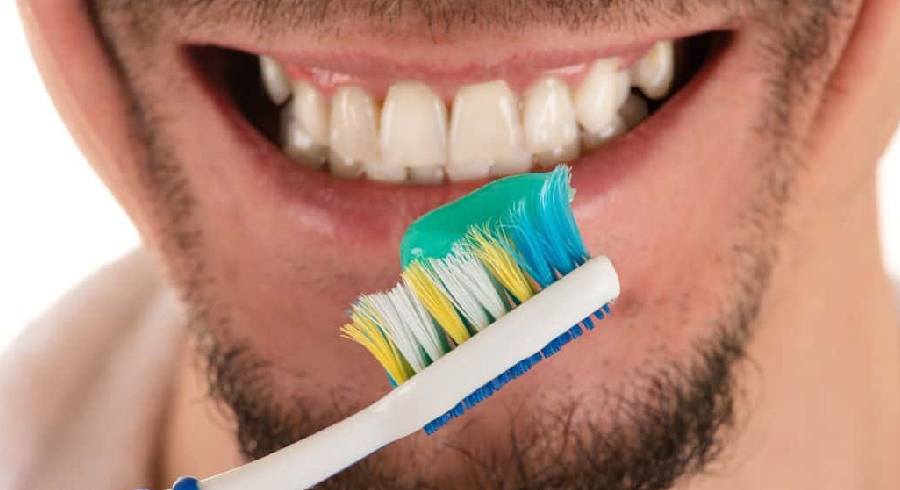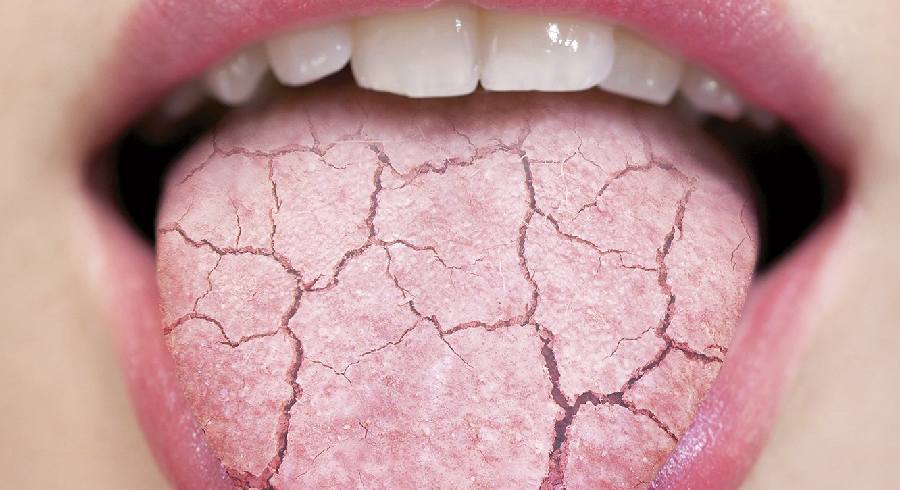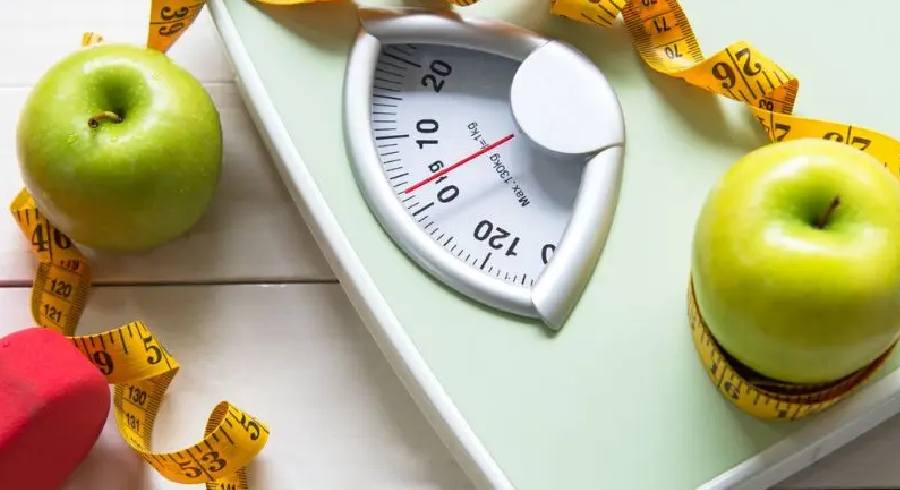Head Office
Sinan Mah. 1254 Sok. No:1/502 Muratpasa/Antalya/TURKEY

Did you know that 60% of our bodies is made up of water? Water is super important for our bodies to work right. Without enough water, we can concentrate less, feel nauseous, or get sick. Even losing a little bit of water, like 2%, can cause problems. It's recommended to drink about eight glasses of water every day.
Drinking water is not only good for keeping our bodies working well, but it's also really good for our teeth. Water helps our bodies in many ways. It gives us nutrients, cleans out waste, keeps our skin looking good, and helps our muscles move. Plus, if the water has fluoride in it, it's even better for our teeth! So, how does drinking enough water affect not only our overall health, but especially our oral health?
This is kind of an easy guess, but sodas are acidic drink that when consumed excessively, can cause stomach and dental problems. Since this is the case, replacing most of your acidic drinks with water can help you a lot. And, drinking water with fluoride is one of the simplest and best practices for healthy teeth and gum, and it helps stop cavities from happening.
Now, let’s look at the benefits of drinking plenty of water on oral health:
Drinking water with fluoride, often known as "nature's cavity fighter," is an effortless and highly effective way to prevent cavities. Fluoride, a mineral found in certain water sources, can strengthen teeth when consumed in the right amount. Thankfully, many local tap water supplies contain fluoride.

Although there has been some controversy surrounding water fluoridation, it's important to note that leading health organizations like the American Medical Association, the American Dental Association, and the CDC endorse it. In fact, the CDC considers water fluoridation as one of the top 10 most crucial public health measures of the 20th century.
Moreover, drinking water not only cleanses the mouth but also fortifies tooth enamel. Fluoride, commonly present in drinking water, helps re-mineralize damaged enamel, making it less susceptible to decay caused by bacteria. By regularly consuming water with fluoride, you can maintain strong enamel and reduce the risk of tooth decay.
Water is an excellent mouth cleaner because it washes away food leftovers and residue that cavity-causing bacteria love to munch on. Unlike juice, soda, or sports drinks, which can leave unwanted sugar behind, water doesn't leave a sugary residue for bacteria to feast on. These bacteria in your mouth thrive on sugar and produce acid that can damage your tooth enamel.
Furthermore, water dilutes the acids produced by these bacteria, helping to protect your teeth. Many sugary drinks contain added acids like phosphoric, citrus, or malic acid, which can also erode enamel. But water doesn't have these added acids, making it a safer choice for your teeth.
Drinking water throughout the day cleans your mouth with every sip. It helps to flush out bacteria, food debris, and excess sugars, keeping your mouth cleaner and fresher. While it's still important to brush your teeth twice a day for two minutes and clean between your teeth, drinking water regularly can significantly reduce the risk of tooth decay and gum disease. So, remember to sip on water to keep your smile healthy and cavity-free!

Did you know that saliva is mostly water, about 99%? When you don't have enough saliva, you might experience dry mouth, making it tough to swallow and chew. Saliva plays a big role in protecting your teeth from decay. It washes away food, helps you swallow comfortably, and strengthens your teeth with calcium, phosphate, and fluoride.
When dry mouth kicks in, it can up your risk of tooth decay, increasing the need for more dental treatments than needed normally. But drinking water helps keep your saliva flowing, reducing that risk.
Dry mouth happens when your saliva isn't produced enough. It can be due to medical conditions or certain medications. But it's not just uncomfortable; it's bad news for your teeth. Without enough saliva, your mouth can't clean itself properly, letting bacteria build up and potentially causing bad breath, tooth decay, or gum disease. Drinking water helps produce saliva and cleans your mouth like saliva would, making it crucial for people dealing with dry mouth.
The rise in sugary drink consumption is a big reason for the growing obesity problem in the world. People who have 1 to 2 sugary drinks daily are 26% more likely to get type 2 diabetes. But you can avoid this by swapping out colas, sugary juices, and sports drinks for water. Water has no calories and no sugar, so it's super healthy.
Sweetened drinks, packed with sugar and calories, can lead to cavities and weight gain. But studies show that drinking water can actually help you lose weight. So, next time you're thirsty, choose water guilt-free. It's good for your body and your smile.

Here are some tips if you’re struggling with drinking more water:
· Carrying a water bottle with you wherever you go can help you remember to drink water when you're thirsty instead of choosing something else.
· Keep track of how much water you drink each day and set goals and alarms to drink more if needed.
· Instead of drinking a lot of water all at once, try sipping it slowly throughout the day. This helps your body absorb it better and prevents you from feeling bloated.
· Drink water before and after meals. It helps you reach your daily water goal and can also reduce how much food you eat before a meal. After eating, water helps clean your mouth and wash away food bits.
This is usually brushed off as unimportant, but it’s just as, if not more important to drink more water during and after your dental treatments. Veneers for example, are affected more by acidic beverages, so it’s best to drink plenty of water during and after your treatments, of course after consulting with your dentist.